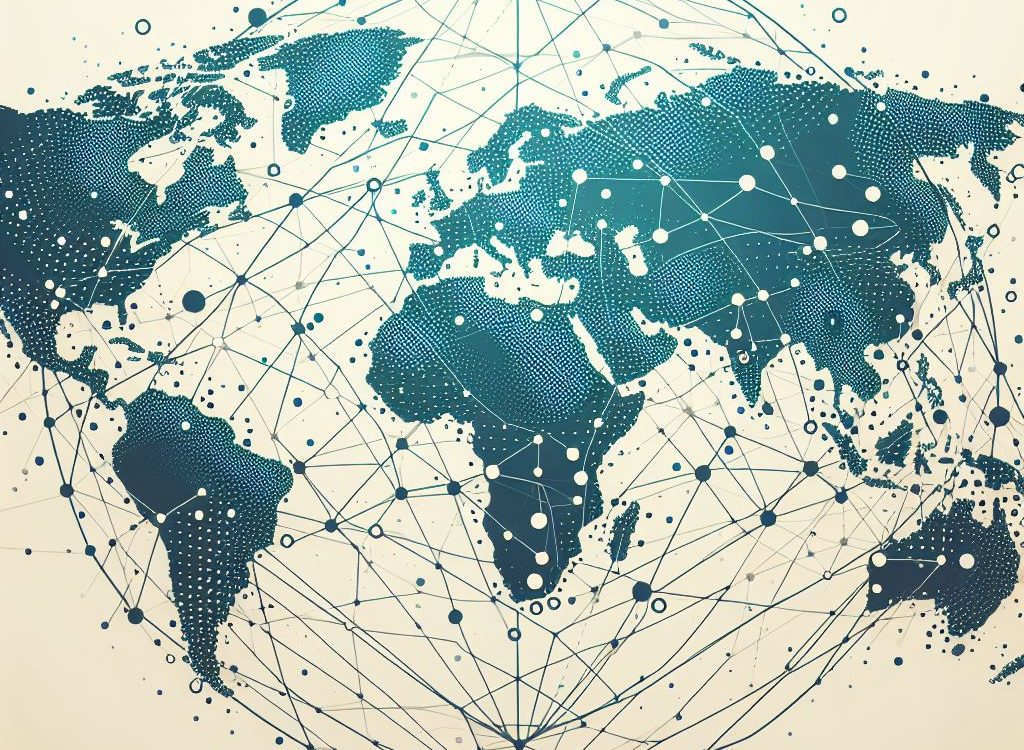About the project
DEVMAP project investigates mapping practices and the production of cartographic knowledge in the context of development cooperation during the last three decades of the twentieth century. By using the Finnish cooperative mapping projects in different parts of the world as a set of case studies, DEVMAP seeks to produce new knowledge of the mobilities of cartographical knowledge and the networks of cartographic experts on different scales.
In the wake of the second world war, the United Nations started to promote cartography and mapping as one of the central means to foster development across the globe by means of technical development aid. From the 1970s onwards the Finnish state and Finnish cartographic experts started to increasingly contribute to cooperative mapping and transfer of mapping practices and technologies to foster development in the global south.
The DEVMAP project investigates how, why and in what type of roles Finns participated in the cooperative mapping of different parts of the during the last three decades of the twentieth century. By analysing different mapping projects – such as the topographic mapping of Nepal and Egypt, geological mapping in Namibia, cadastral mapping in Cambodia and coastal mapping in Bangladesh, the project produces new knowledge of the interests that mapping and maps had for different actors and how these interests possibly varied between geographical and societal contexts.
Furthermore, the project analyses why and in what ways different actors involved in the bilateral development projects considered mapping and maps important for development and examines the meanings that were given to the maps that were made. The project also considers the societal and cultural implications of the mobilities of cartographical knowledge and mapping practices. Through its empirical findings, the project aims to provide a novel conceptualization of “development cartography”.
The project is based on archival research in different countries and oral history interviews.
The project is funded by the Research Council of Finland (2023-2027) and it is led by Dr. Johanna Skurnik.
